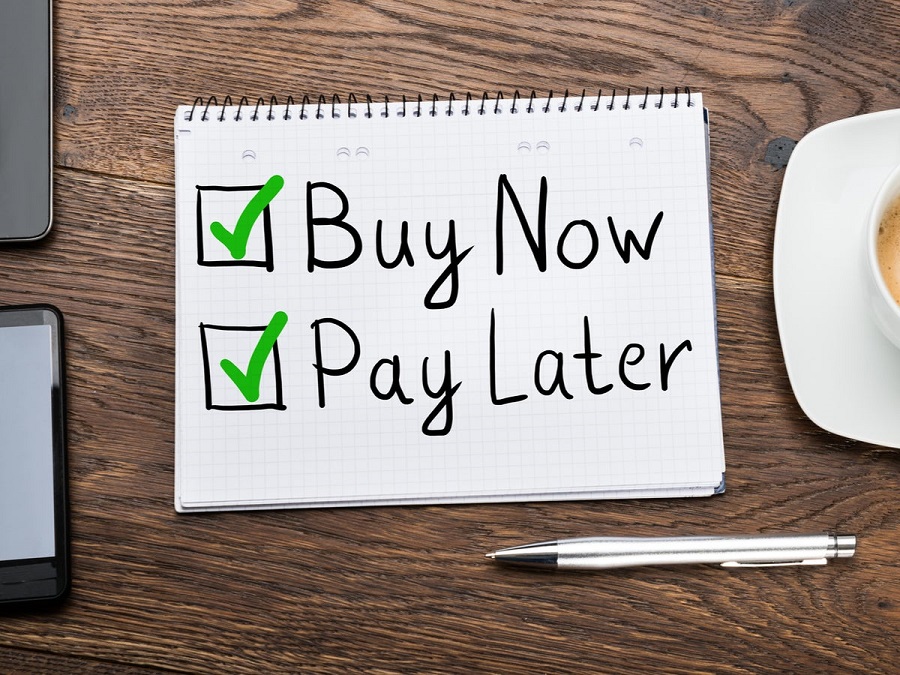The rise of fintech apps across Africa has made it easier than ever to shop online and pay in installments. Buy Now, Pay Later (BNPL) services, once popular only in Europe and the U.S. are now becoming common in Nigeria, Ghana, Kenya, and South Africa. Platforms like Credpal, Carbon, EasyBuy, and Credit Direct are offering shoppers the option to take a product home immediately and spread the cost over weeks or months.
For many young Nigerians without credit cards, BNPL feels like a game-changer. You can buy that smartphone, laptop, or designer sneakers you’ve been eyeing, and pay later, often with “zero interest.”
But as tempting as it sounds, BNPL is still a loan, with obligations and risks attached. If you don’t fully understand how it works, you may find yourself in debt, facing penalties, or even struggling with your financial future.
This guide breaks down everything you need to know about BNPL before clicking that “Pay in Installments” button.
What is Buy Now, Pay Later (BNPL)?
BNPL is a type of short-term credit that lets you buy a product immediately and repay in smaller installments over time. In Nigeria, BNPL is commonly used for phones, laptops, electronics, home appliances, fashion items, and even travel bookings. Unlike credit cards (rare in Nigeria), BNPL requires little or no credit history, making it accessible to many first-time borrowers.
Some providers offer interest-free repayment, while others charge small service fees.
Example in Nigeria: If you buy a ₦200,000 iPhone, you might be asked to pay 25% upfront (₦50,000) and then spread the remaining ₦150,000 across three equal payments of ₦50,000 over the next six to twelve weeks.
It feels manageable, but the ease of access often encourages overspending.
Why BNPL Appeals to Nigerians
Low Credit Card Penetration – Fewer than 5% of Nigerians use credit cards, making BNPL a more accessible credit option.
Youthful Population – Young Africans are tech-savvy and shop online frequently. BNPL aligns with their “buy now, earn later” lifestyle.
Budget Flexibility – With inflation and unstable incomes, spreading costs makes purchases feel less burdensome.
Instant Access – Unlike traditional bank loans, BNPL approvals are instant and require little paperwork.
Risks of BNPL
BNPL can be useful, but here are real risks consumers should be aware of:
1. Debt Stacking
BNPL breaks purchases into “small” payments, hence, there’s the urge to take multiple loans at once across different platforms. This is called loan stacking.
A Consumer Report found that people with 4 or more BNPL loans are twice as likely to miss payments. The same risk applies in Nigeria, especially where incomes are unpredictable.
2. Hidden Fees
“Zero interest” doesn’t always mean free. Some Nigerian BNPL providers charge: late payment penalties, convenience fees (for card processing), and service charges beyond the headline offer. At the end, you will find out you’re paying some fees.
3. Weak Consumer Protections
Unlike credit cards (which are rare here but offer chargeback protection), BNPL loans often lack strong refund or dispute channels. If your Jumia order never arrives, you may still owe the BNPL company.
4. Credit Score Risks
Nigeria is gradually moving towards a stronger credit bureau system. While BNPL loans don’t always build credit, missed payments can be reported and hurt your ability to borrow in the future.
5. Data Harvesting
Fintech BNPL providers collect detailed data on your spending habits. They may use it to target you with more loans and offers, potentially fueling a cycle of borrowing.
Rules of Thumb for Using BNPL Wisely
Limit Your Loans – Stick to one or two BNPL commitments at a time. Don’t stack loans across multiple platforms.
Budget Honestly – Don’t take BNPL because “installments look cheap.” Ask yourself if you’d still buy the product if you had to pay in full today.
Track Auto-Payments – Ensure your account has funds on due dates. In Nigeria, failed auto-debits may lead to extra charges or harassment from loan collectors.
Avoid BNPL on Luxuries – Use BNPL for essentials (like a laptop for work) rather than non-essentials (designer clothes or nightlife splurges).
Never Repay BNPL with Another Loan – Don’t use quick loans or credit cards to pay off BNPL. That creates a debt spiral.
The Bottom Line: Should You Use BNPL?
BNPL can be a useful financial tool when managed responsibly. It makes quality goods more accessible in an economy where lump-sum payments are tough. However, the danger lies in treating BNPL like “free money.” The reality is: BNPL is a loan, missed payments have real financial consequences, and hidden fees and loan stacking can quickly spiral into debt.
Before you take a BNPL loan in Nigeria, ask yourself:
1. Is this purchase essential or just a want?
2. Can I pay the installments comfortably with my next salary or hustle income?
3. Do I have a backup plan if something unexpected happens?
If your answer is yes, go ahead, however, if you can’t answer “yes” to those questions, it might be smarter to save up instead.
MORE FROM ACCRUE
How to Balance Short-Term Needs and Long-Term Financial Goals
Financial Checklist for Africans Moving Abroad
50/30/20 Rule: Is It Practical for Africans?

I’ve lived many lives, but one lesson ties them all together: money is only as powerful as its utility. Through my work, I share stories about money and create guides for Africans who want to get the best out of theirs.
